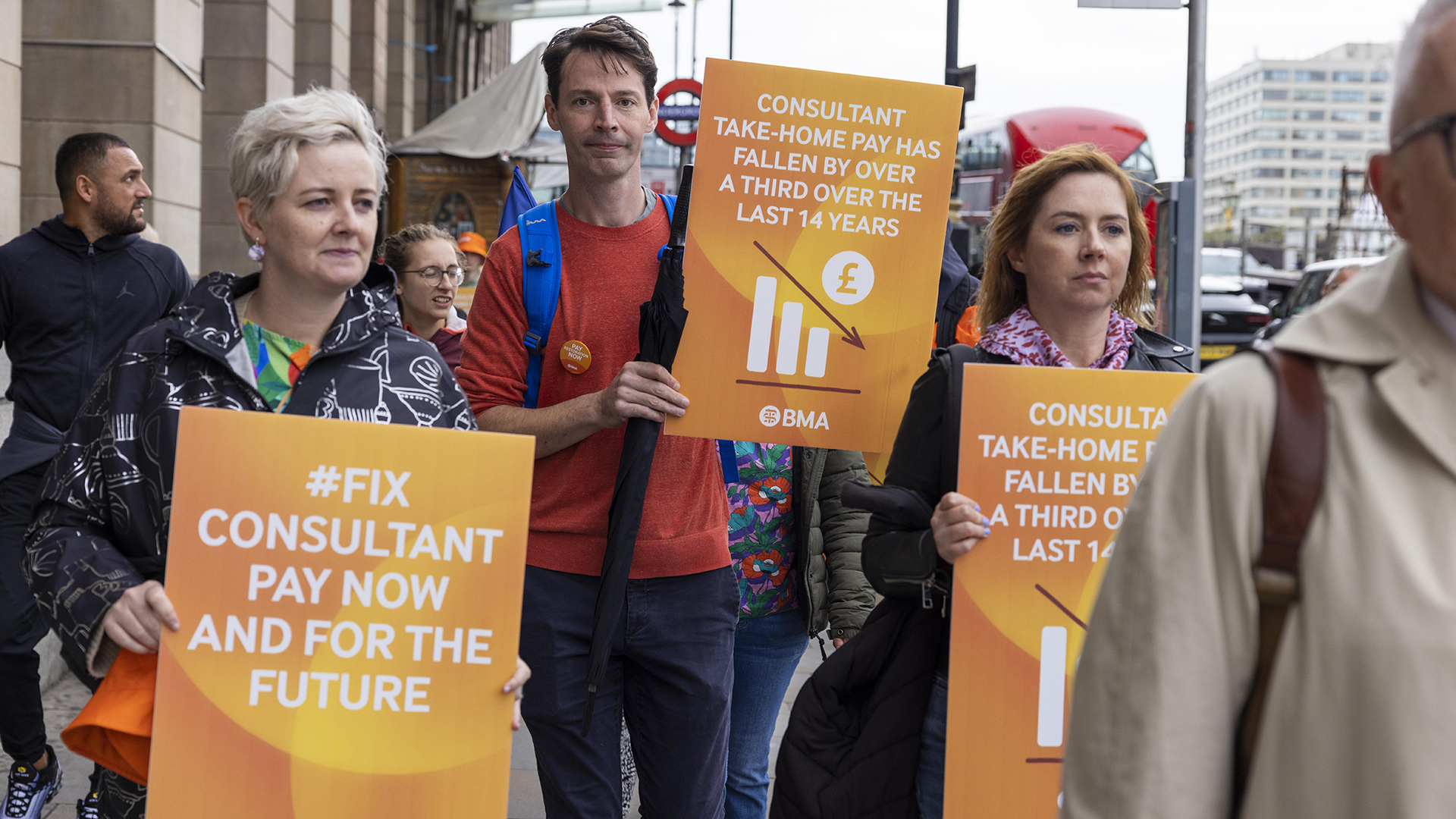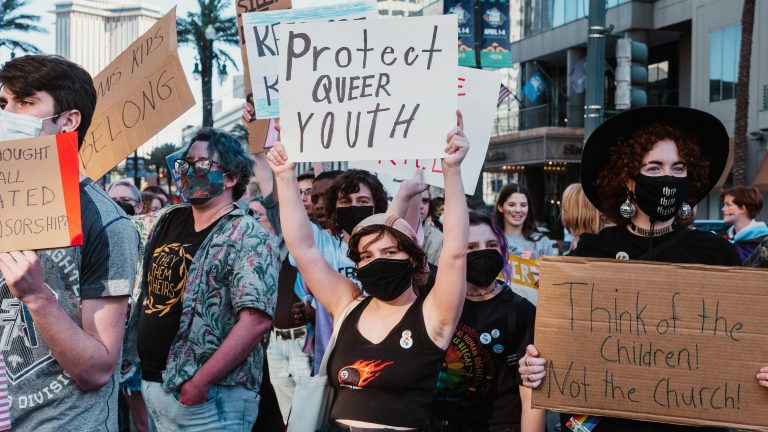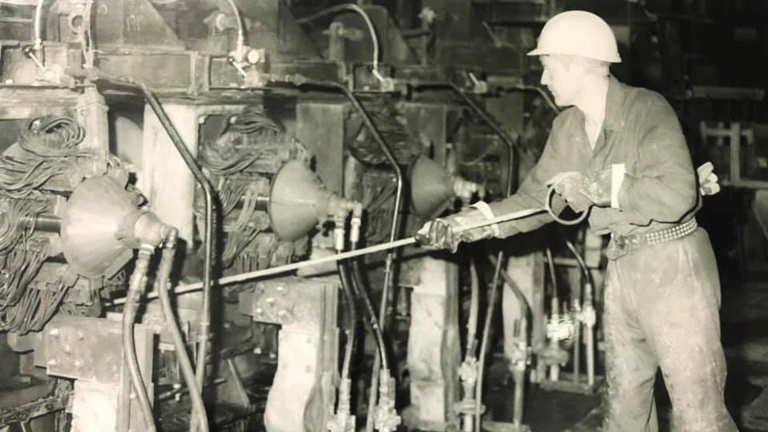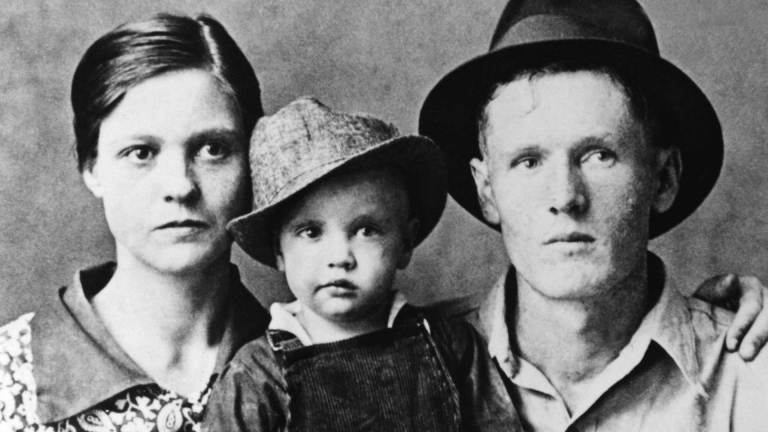Last Tuesday, the day before the doctors’ strike in England, two of my brothers were admitted to the City Hospital in Belfast. On Wednesday, the day of the strikes, one of them was donating a kidney to the other. As I write this, a lot of candles are being lit and fingers crossed by family.
They are in very good hands because, as I’ve learned during the long process towards donation and transplant, the renal unit in the city is one of the leading such places globally. The people there are remarkable.
This is where it gets thorny. Because while Northern Ireland is failing in many ways due to the Stormont Assembly being suspended and Brexit having a hugely detrimental impact there, they have a devolved health system. This means that the doctors’ strike in England didn’t stop the operations going ahead. The operations had already been delayed once. Though elective surgery, it was vital the transplant happened.
Get the latest news and insight into how the Big Issue magazine is made by signing up for the Inside Big Issue newsletter
This then leads to questions about where support for such industrial action goes. Is it enough to accept the goals but become less supportive when it hammers at your door? Because, you know, family. Had a strike stopped those two operations, with the impacts that would have on the individuals and then rippling through the wider family, and potentially ongoing costs for the NHS had health deteriorated for my brother needing the transplant, I would have been suddenly much less supportive of that decision to strike – though I know this isn’t fair.
- 6 common myths about strike action, debunked – from salaries and picket lines to public support
- What is my right to strike?
I understand the reality of where funding over many years has led – to doctors feeling the only way to protect the ongoing health of the nation is for them, at junior and consultant level, to withdraw labour for a short period of time. And if not now, when?











